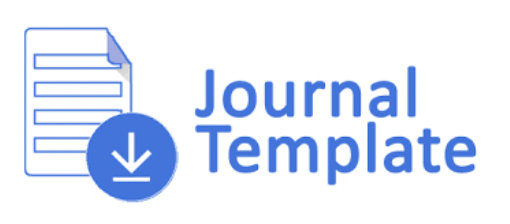Analyzing the Role of Social Media in Shaping Public Opinion and Public Policy in the Post-Truth Era
DOI:
https://doi.org/10.59261/jpia.v1i1.4Keywords:
Social Media Influence, Public Policy, Algorithmic Filtering, Echo Chambers, Policy Formation, Digital DisinformationAbstract
This study investigates the mechanisms through which social media platforms contribute to the construction and spread of narratives, examining how these narratives impact public perceptions and policy decisions. By analyzing prominent cases and trends, the research identifies the role of algorithms, user engagement patterns, and content sharing in amplifying selective information and misinformation. The findings reveal how social media’s rapid information dissemination, emotional resonance, and algorithmic filtering can lead to echo chambers, thereby polarizing public opinion and pressuring policymakers to respond to immediate social narratives. This study highlights the importance of critical media literacy and regulatory considerations to mitigate the potential for misinformation in policy formation. Through a mixed-methods approach, combining content analysis and survey data, this research provides insights into the dual role of social media as both a democratizing tool and a source of public disinformation, with significant implications for policymakers and the broader public in fostering informed and transparent governance.






